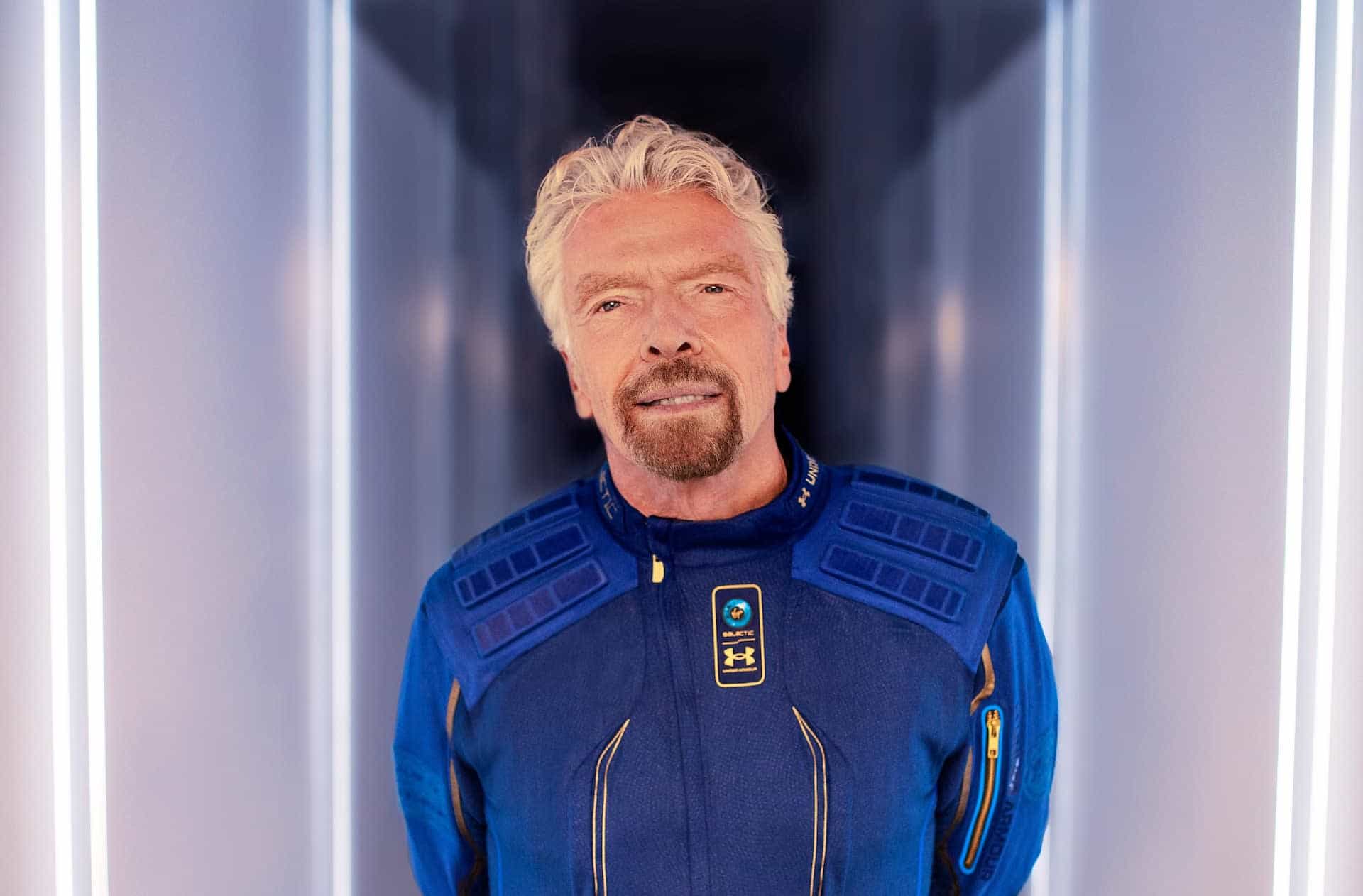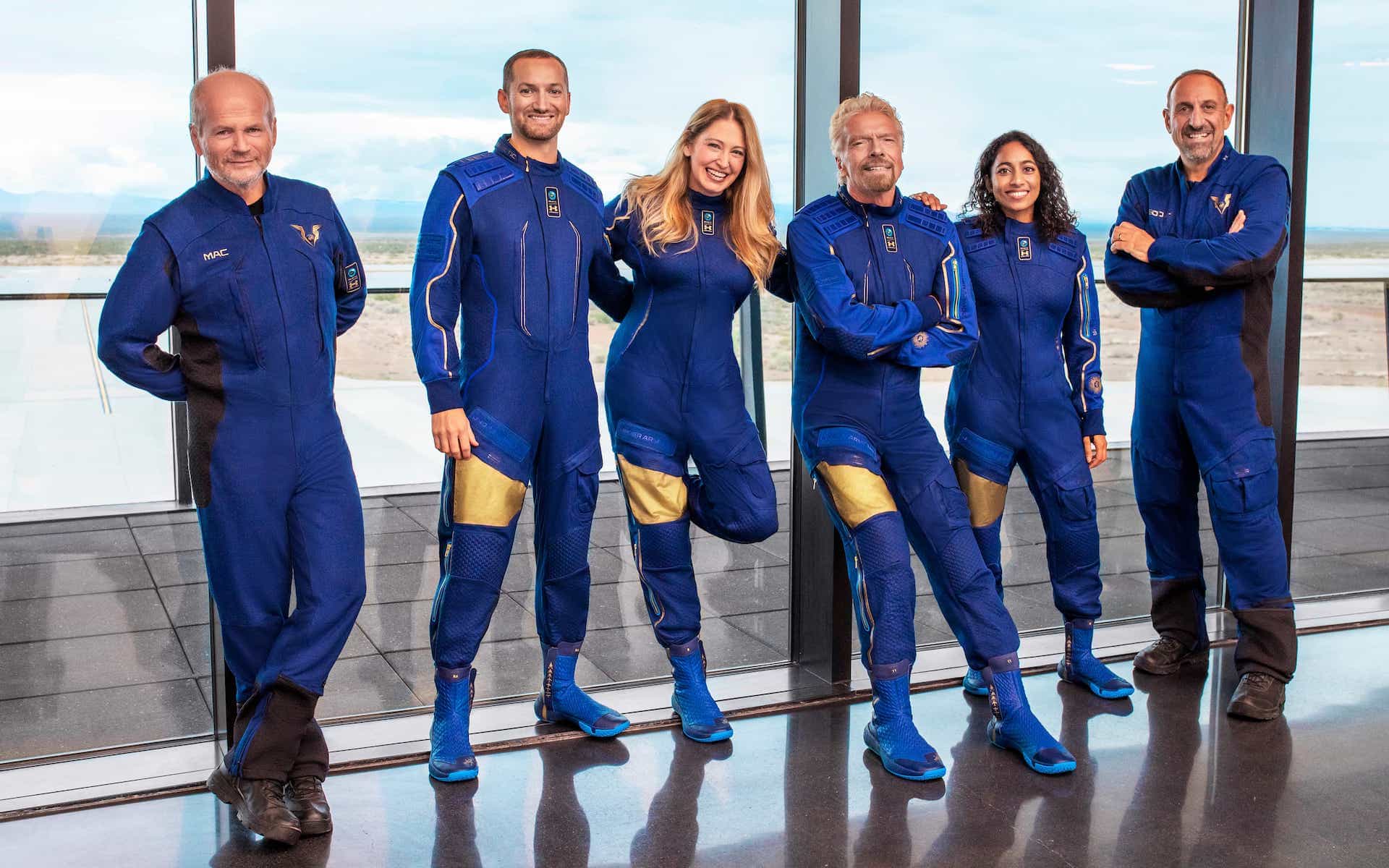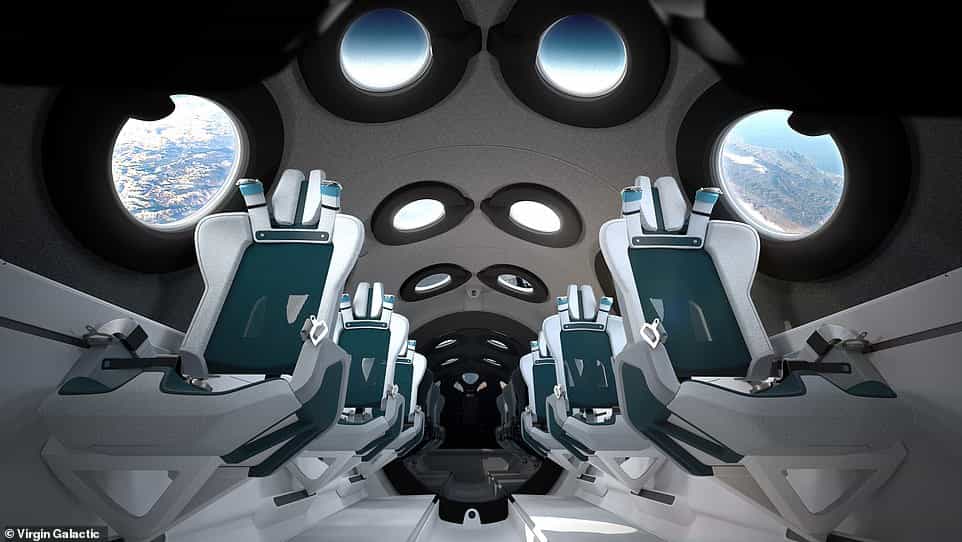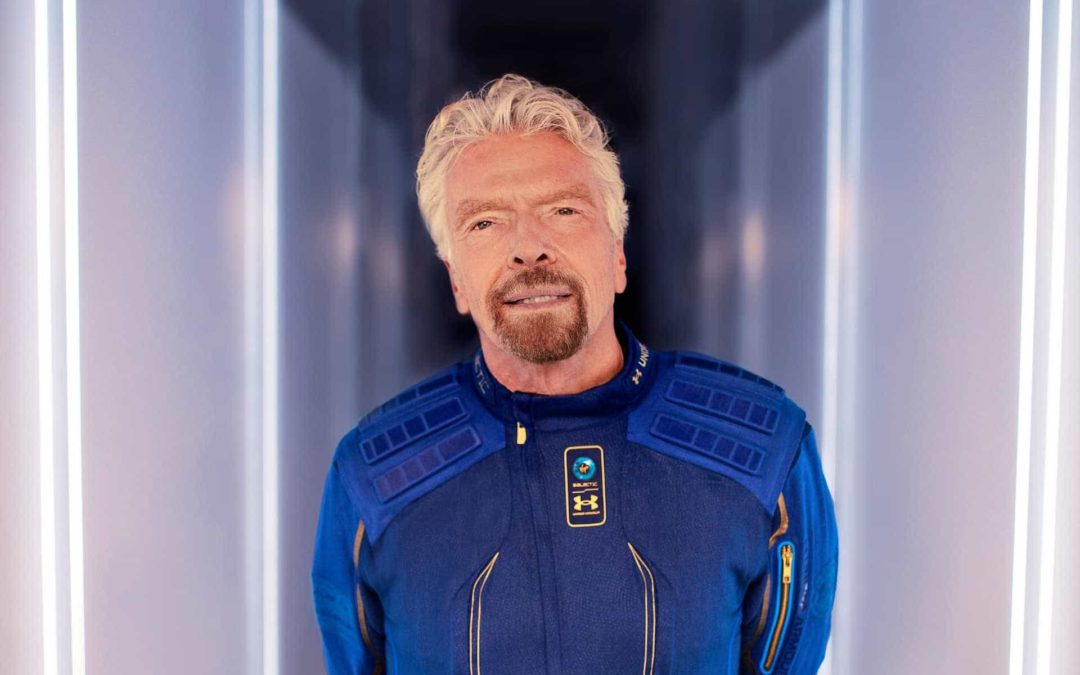
Many are those who in their childhood dreamt grand dreams about becoming wealthy, invent space tourism, and then travel among the stars. Richard Branson may be the first person ever to see the dream come to fruition. His company, Virgin Galactic, was recently granted a license to fly passengers on commercial spaceflights by the US Federal Aviation Administration and they now intend to make their first such flight this Sunday.
The company was founded in 2004 with an original plan for a maiden voyage a mere five years later. But this had to be postponed several times, the most severe reason being an accident in 2014 when the first SpaceShipTwo suffered a catastrophic failure resulting in the death of one pilot and severe injuries for the other.
The space tourism sector has several players competing, including Elon Musk's SpaceX and Jeff Bezos' Blue Origin. It is likely that the plan to fly so soon is a response to the latter intending to do a space flight on July 20th.
The plan was that Branson would only fly following another test flight with Virgin Galactic employees as passengers. The spacecraft he'll be riding is VSS Unity, the second SpaceShipTwo unit. The spacecraft is manufactured for Virgin Galactic by Scaled Composites and is capable of performing suborbital missions. Unity has previously flown 21 missions, but this is remarkable as it is the first time it'll carry four passengers.

What's going to happen during the spaceflight
VSS Unity will be carried aloft by a purpose-built White Knight 2 aircraft to an altitude of 15,000 meters. There, VSS Unity will, like the missile of a fighter jet, be released, followed by the rocket engine igniting, commencing a trip that will carry the spacecraft to an altitude in excess of 80.000 meters. From rocket ignition until landing, the flight will last 2.5 hours, of which only six minutes will be spent weightless.
"I truly believe that space belongs to all of us. After 17 years of research, engineering, and innovation, Virgin Galactic stands at the vanguard of a new commercial space industry poised to open the universe to humankind and change the world for good."
"When we return, I will announce something very exciting to give more people the chance to become an astronaut. Because space belongs to us all, Branson writes on Virgin's homepage.
It's easy to see that Virgin views this as a significant moment in their evolution. For instance, this will be the first time they stream a flight, something they'll do on social media.

After the trip
If the flight goes to plan, they intend to allow paying customers to fly as early as the beginning of next year. But at least initially, this won't be something for the masses, as the price is estimated to be in the range of $250.000 to $500.000.
Simultaneously, this is to be viewed as a first step towards establishing a new industry. We know that Virgin is testing their next-generation spacecraft and that they intend to offer their services at several locations across the world.
Perhaps specifically because the industry still is in its infancy, Virgin is shying away from making grand promises of future services. Their homepage mentions space hotels as well as offering a faster way to travel between different destinations on earth, but these are mentioned as ideas, rather than predictions or promises.
After Branson's journey to space on Sunday, we will know more about Virgin Galactic's plans.





